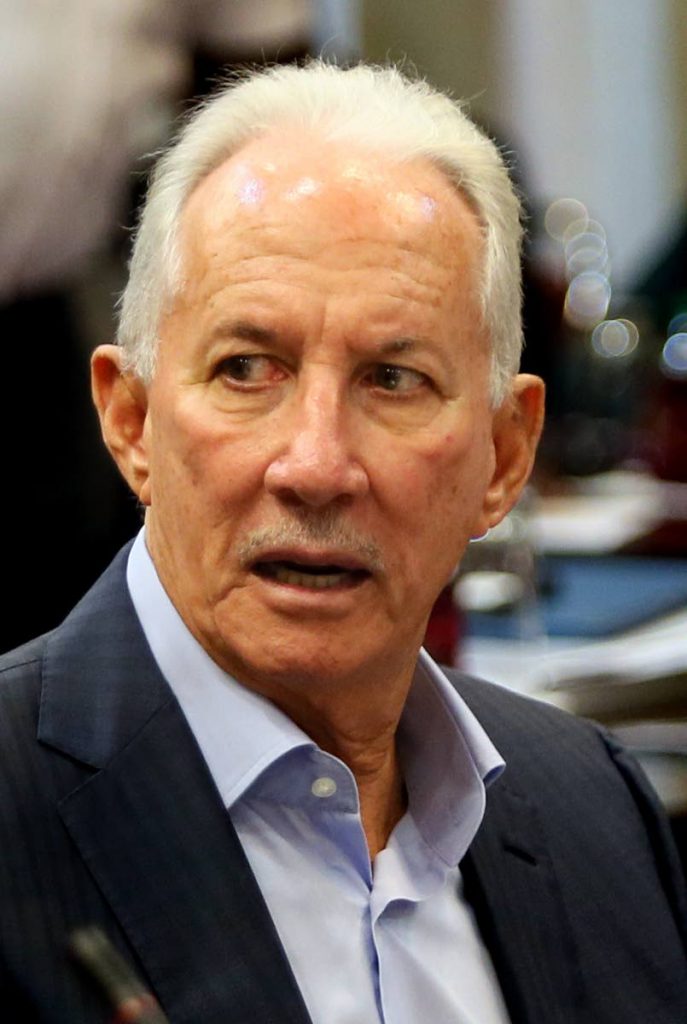No room for emotion

THERE’S no emotion when doing business, Petrotrin chairman Wilfred Espinet made clear yesterday, as he gave a breakdown of the scenarios the board had to consider when coming to the decision to shut down the Pointe-a-Pierre refinery.
“I don’t care how emotional you can get about it and how much it impacts on our psyche, the numbers are the numbers and the bankers are going to want their money. And that is the reality,” Espinet told the audience at a forum on the future of the company, hosted by the TT American Chamber of Commerce and held at the Cipriani College of Labour.
The company had three scenarios. One, to let the company continue as is, which would require an overall injection of $25 billion. The other would have the company split into two—Exploration and Production, and Refining and Marketing (the plan the board had submitted to Parliament in February). The third required reducing the workforce and refinancing the company’s debt, but the company would still need $20 billion to pay for the existing bond bullet payments, capital investment and interest payments.
When the board had presented to a joint select committee of Parliament in February, its intent was taking the company into a competitive state. The plan then had suggested splitting the company into two parts, with E&P giving some profitability that could still carry R&M.
That plan changed when the board started getting into the specifics. “The board had no intention of closing down the refinery. When the model started to evolve, the big problem was how to finance the need because the original assessment from Solomon and Associates (the consultants hired to evaluate the viability of the company) did not take financing into consideration,” Espinet said.
The company had considered how to optimize the efficiency, but the next stage that the board had to consider was the cost to run it, he said. In five years, E&P could possibly generate $5 billion in free cash flow; R&M would run a deficit of nearly $8 billion.
“For sure we’ll have pain but the question is what does the board do. Is it that the pain of the people of we are talking about (workers) is greater than the pain that will face the country as a whole?” he said. Espinet said he had seen the union’s proposal and even submitted it for review with the consultants. The plan was, however, deemed not financeable.
“I am very open to somebody coming up with something and say how they can do it. In my own experience I didn’t think it could be done and the bankers we’ve had any interaction with, I don’t know any of them giving an indication of going in that direction either,” he said.


Comments
"No room for emotion"